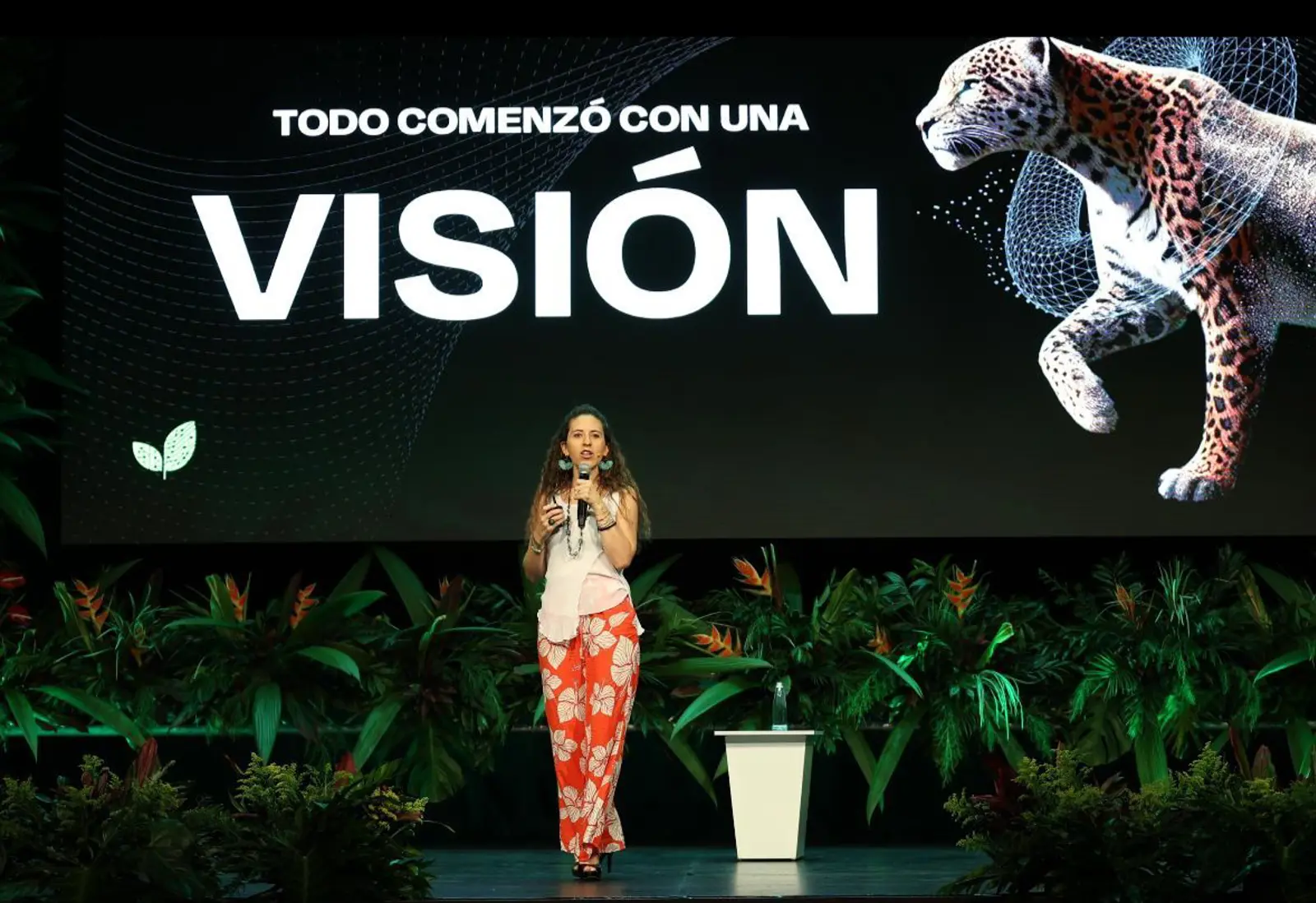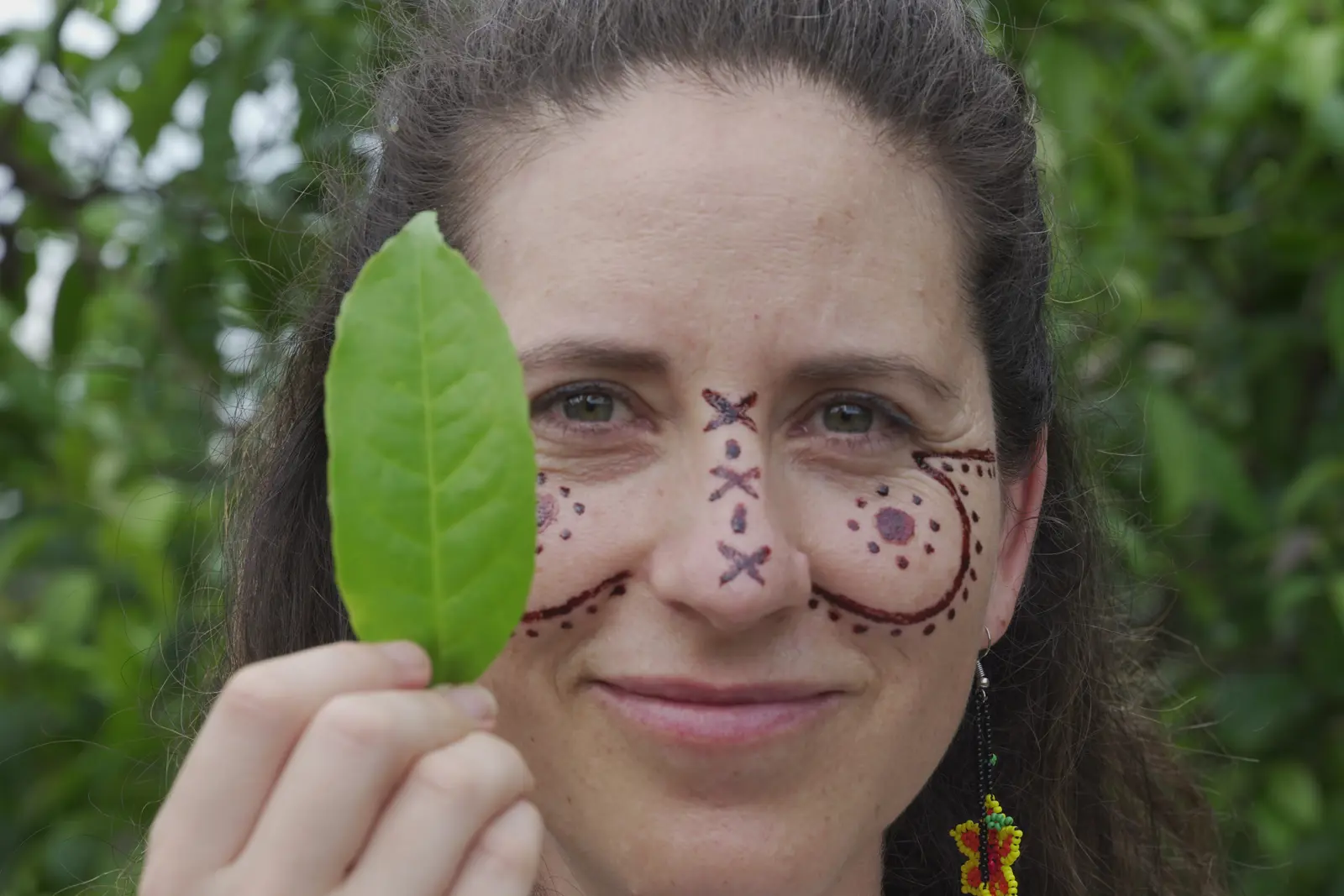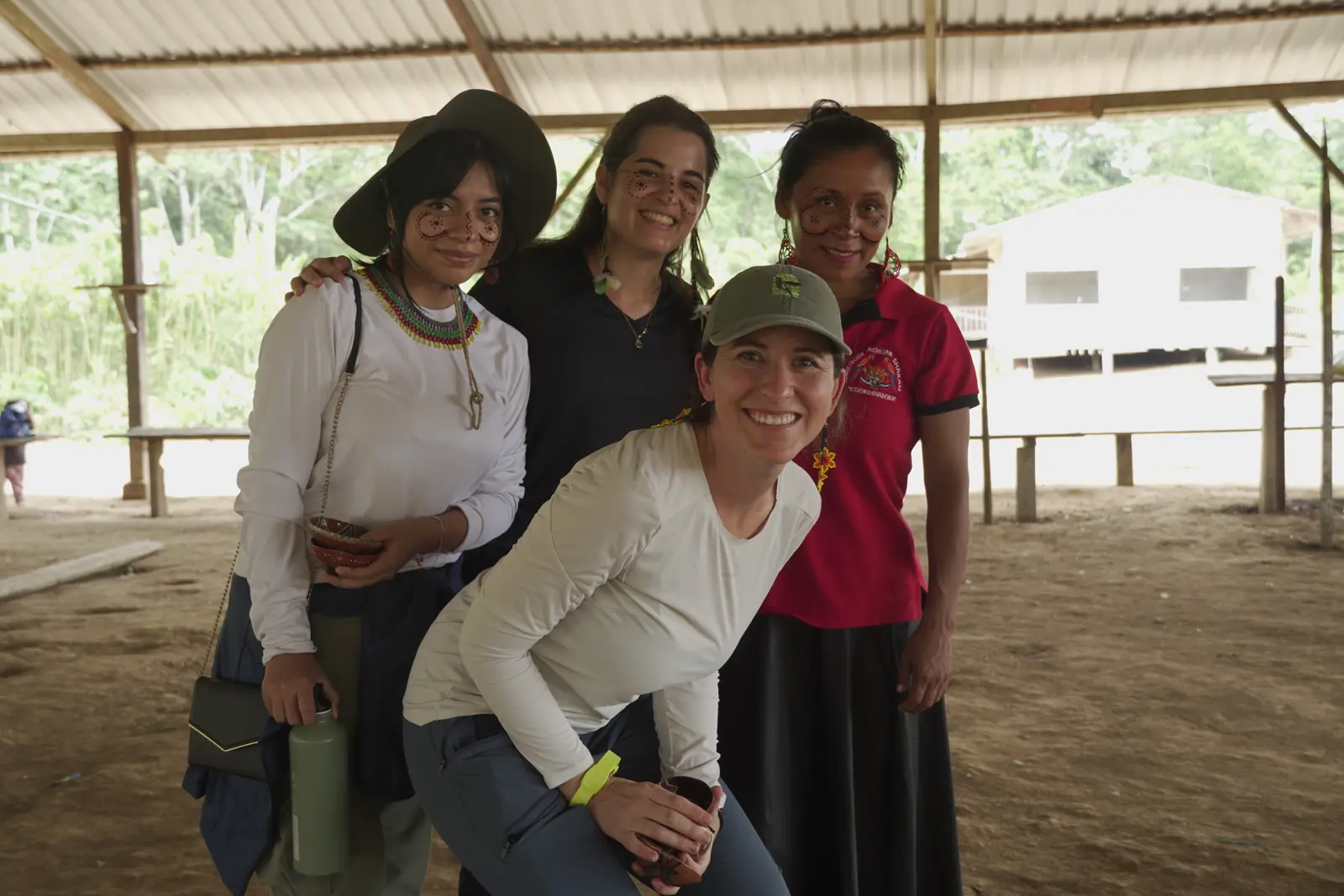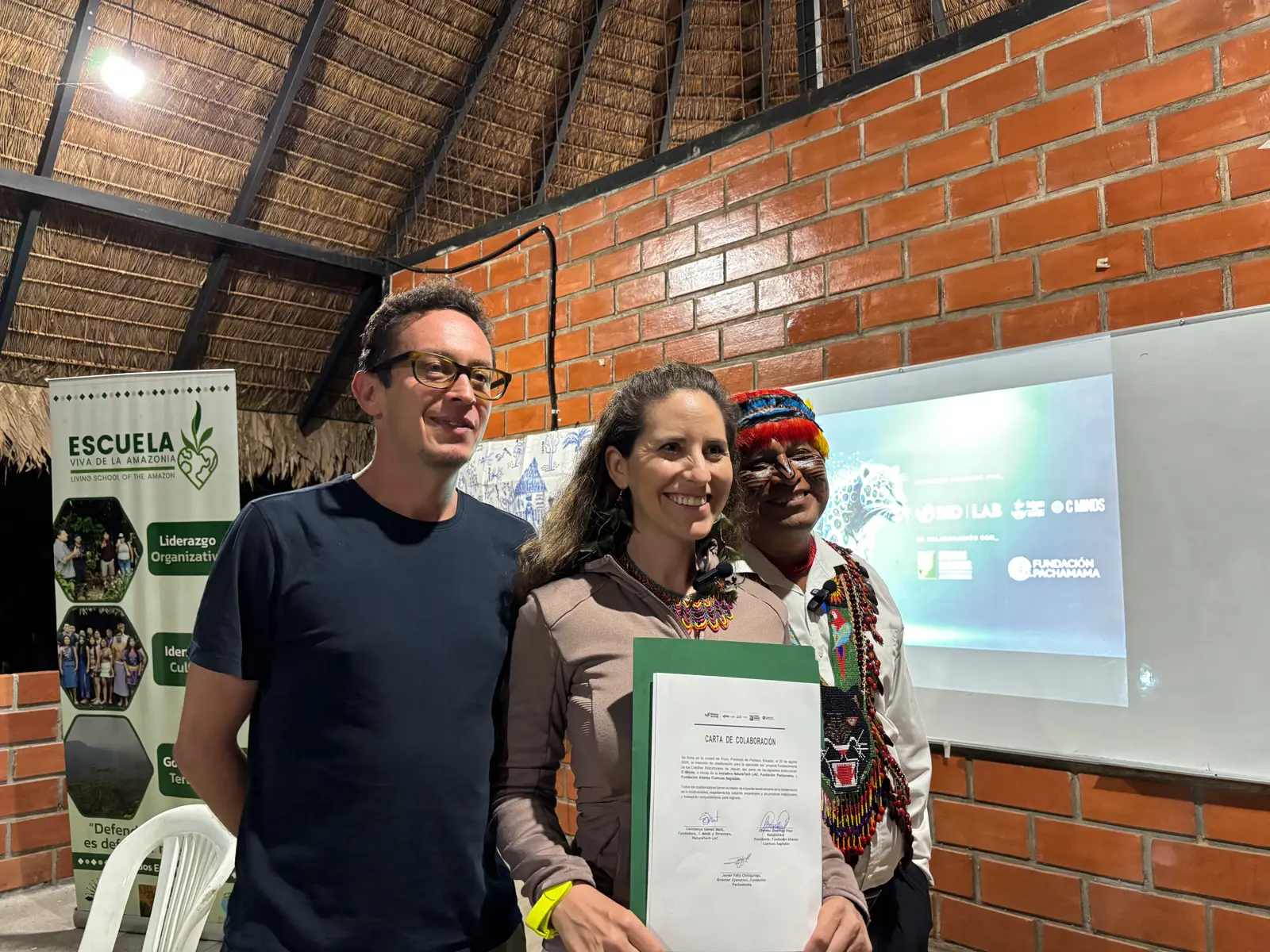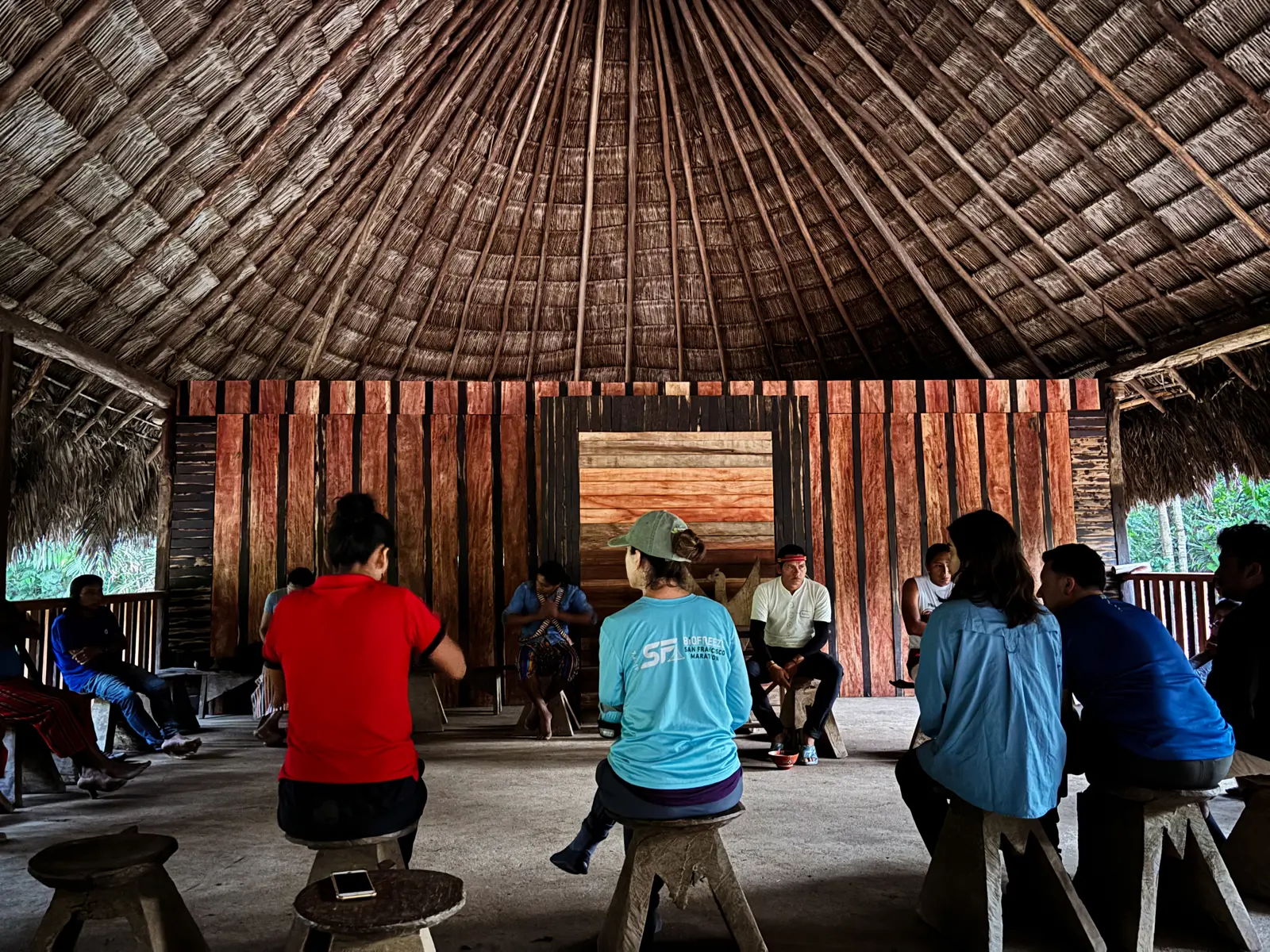Breaking News: Türkiye appoints Samed Ağırbaş as COP31 Climate High-Level Champion. Read it here.
Breaking News: Türkiye appoints Samed Ağırbaş as COP31 Climate High-Level Champion. Read it here.
Friday, 31 October 2025 | By Climate High-Level Champions
NAME
Constanza Gomez-Mont
TITLE
Executive Director, C Minds
LOCATION
Mexico City, Mexico
ABOUT
Constanza Gomez-Mont is the Executive Director of C Minds, where she leads, among other Latin America regional initiatives, Tech4Nature Mexico, a project that brings together Indigenous communities, young people, scientists, government and technology partners to protect jaguars and their ecosystems in the Yucatán Peninsula.
The project brings together the Yucatán government, the IUCN, Huawei, the Polytechnic University of Yucatán, local partners and Mayan youth and community leaders to codeploy AI-based technologies. With camera traps, acoustic sensors and historical records, the team is monitoring more than 140 species, 40 of which are endangered. They have also developed one of the first algorithms to identify individual jaguars based on their rosette patterns, which can help data-based policy making and access to new forms of nature finance.
MOTIVATION
“I am driven by a conviction that innovation (including technological, financial, and corporate) must serve the transition towards regenerative economies. My work at C Minds and NaturaTech, together with my team, reflects my passion to bridge diverse worlds: modern tech and ancestral wisdom; innovation and biocultural integrity; the local and the global. I am committed to the liminal space where complex systems meet human purpose, where possibilities for shared prosperity are weaved into tangible realities.”
IMPACT
Before the initiative, Dzilam State Reserve in Yucatán faced poaching, illegal deforestation, and outdated monitoring, with little data on umbrella species like the jaguar.
Since Tech4Nature Mexico began, AI tools have been used to spot 146 species in real time, including 40 that are endangered, and a customized system for jaguars has made it possible to track individual animals more accurately.
Models and methods are publicly shared on GitHub, making the tools replicable for other conservation efforts.
Partnerships with Pronatura Yucatán, the French Development Agency and others have advanced a biocorridor strategy. Collaborations with SINAC (Costa Rica), Panthera, and ICMBio (Brazil) are strengthening the understanding of ecological connectivity across the region.
Through the initiative NaturaTech, the team has launched a Jaguar Innovation Biocorridor Regional Alliance to explore stronger data infrastructure and innovation pathways for the region.
The project has been awarded as a ‘global best practice’ by IUCN and other international bodies such as the Paris Peace Forum.
CHALLENGES
Limited datasets for rare species made training AI models difficult. Expanded sensor use across seasons improved reliability.
Transitioning from manual monitoring to AI required significant investment and governance design. Taking into account AI ethics and community-centered approaches has been key.
Historically, Indigenous communities, being frontline nature stewards, have had little access to new forms of global green finance. By embedding local knowledge and leadership in the project, new conservation-based finance models rooted in high integrity can be explored.
Data, transparency mechanisms and scale are challenges to effective conservation. Technology has a powerful role to play to address these.
ADVICE
“Bridge worlds. The future needs translators; people who can connect science and policy, Indigenous wisdom and innovation, finance and regeneration. True impact happens in the spaces between.”
CONTACT
